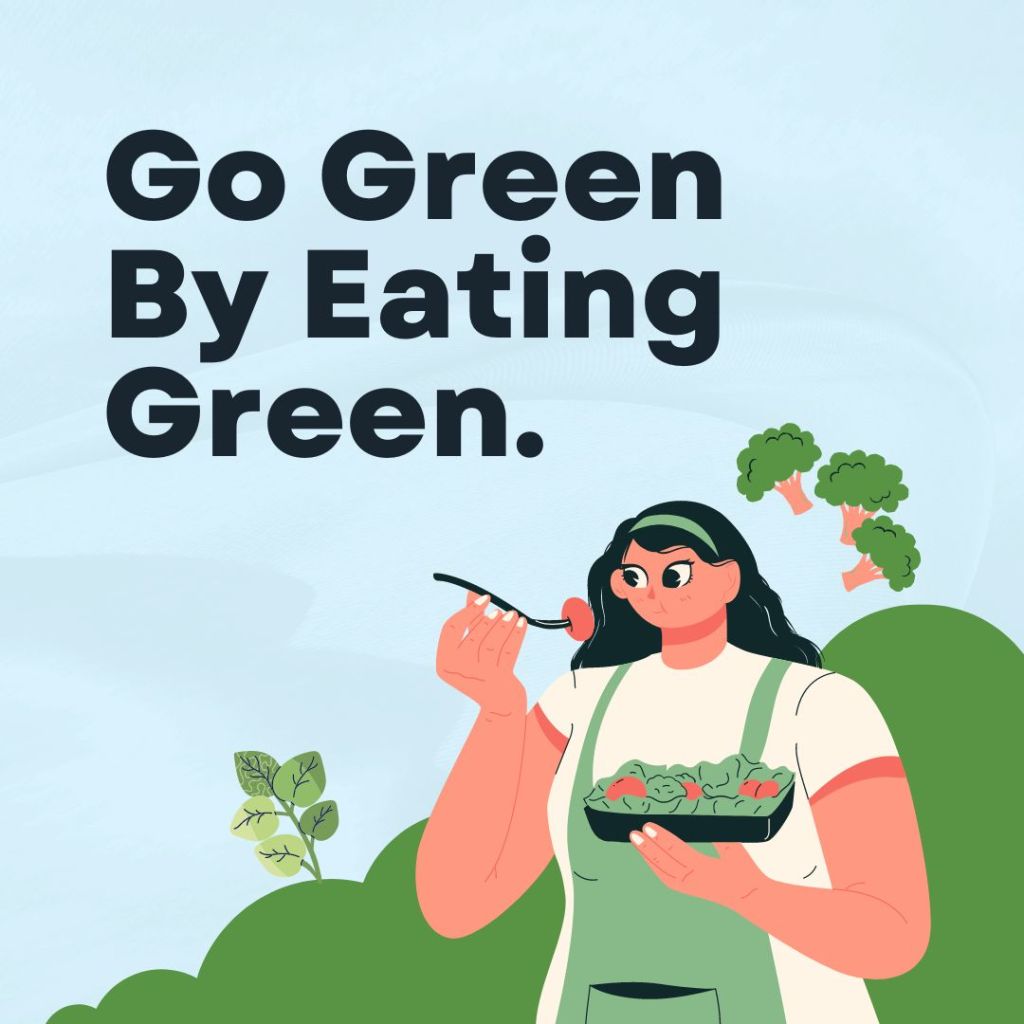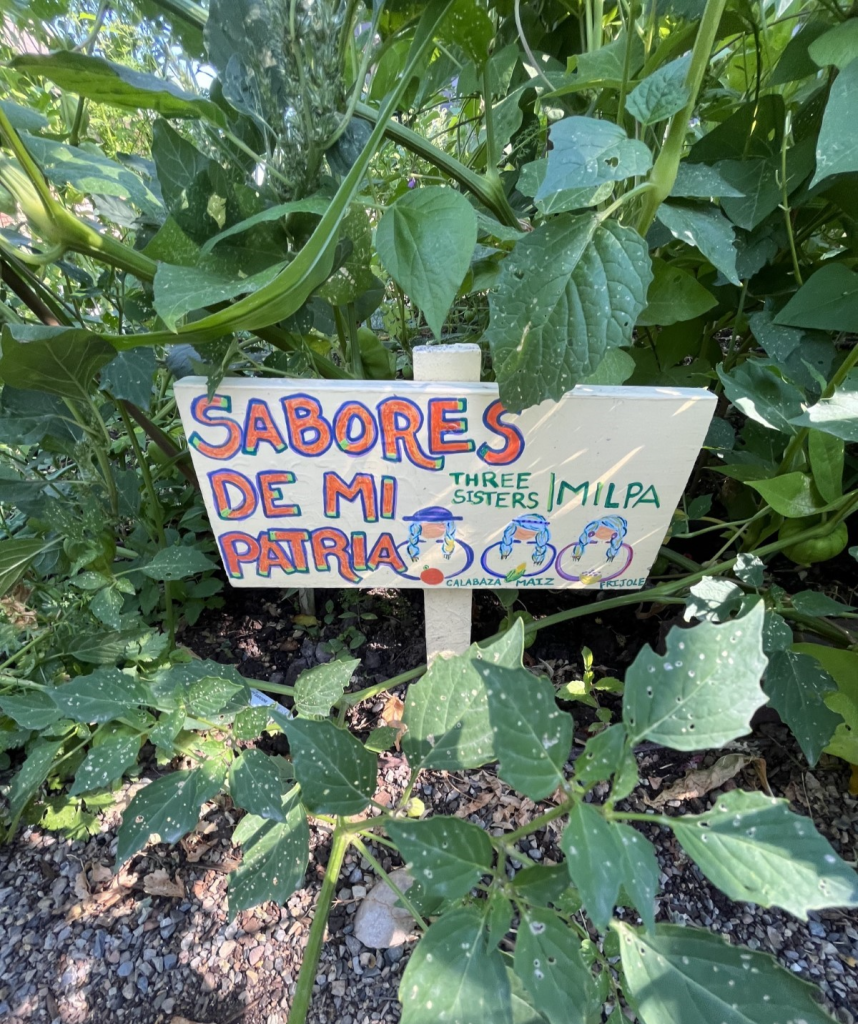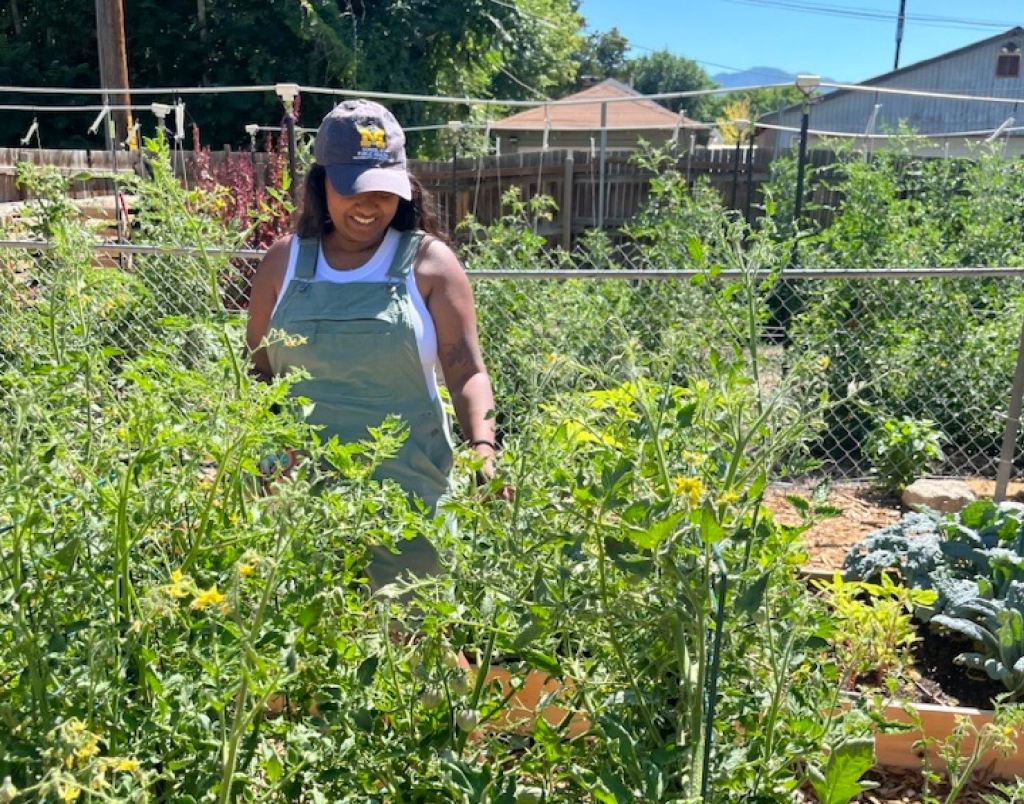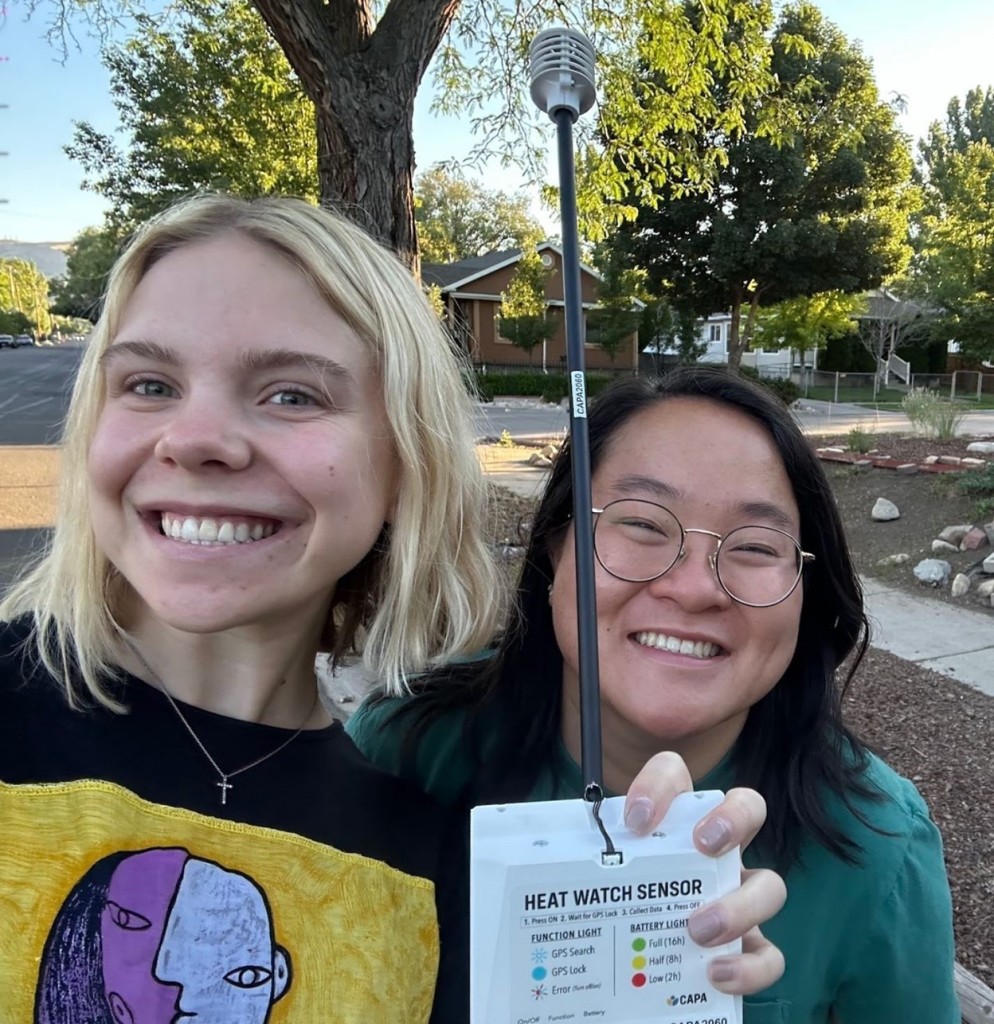Fall Into Clean Air: We Can All Be Idle Free
by SLCgreen Staff Brijette Williams

It’s that time of year again! The temperatures are starting to drop, leaves are showing hints of change, and that crisp scent of incoming autumn is the air. The changing seasons also mean it’s time to think about fall and winter air quality season.
September also marks Idle-free Awareness Month and the annual Governor’s Idle-free Declaration for the month and for Utah’s upcoming winter season. The initiative began in 2006 by Utah Clean Cities and was a statewide effort by 2010 – spurring statewide idle-free policies and action at school districts, cities, towns, counties, and even within Zion National Park.
Read more











